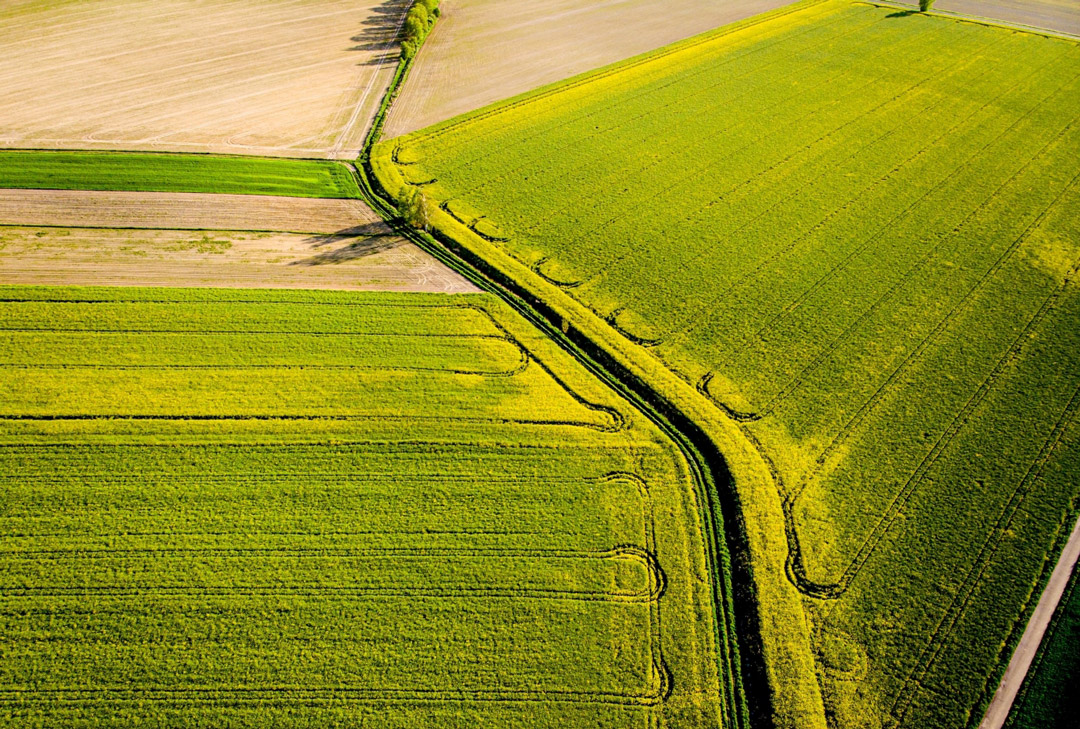 Pandemic and green challenges of our time by Susdef
Pandemic and green challenges of our time by Susdef
The coronavirus pandemic is disrupting our habits and our lifestyle. Can this period be an opportunity to think and better understand some of the challenges of our time?
The Dossier “Pandemia and Green Challenges of Our Time”, presented on April 9th by the Green City Network, the Foundation for Sustainable Development (Sustef) and Ecomondo, contains interesting analyses.
“The pandemic has caused a decrease in consumption and the relative focus on quality and provenance,” said Edo Ronchi, President of the Foundation for Sustainable Development, “but at the end of this pandemic we will return to the previous starting point, as if nothing had happened, or will we really have made some steps forward to better understand the challenges of our time? We are having difficulties in waste management and recycling. Will we pay more attention to it, or will we undermine the progress made before the pandemic? Greenhouse gas emissions decreased sharply, but we must not overlook the climate crisis and decarbonisation measures because after the crisis, emissions will continue to grow if we do not change. Traffic in the city has decreased too, but will it resume as before or can we think about how to make our mobility in cities less polluting and less congested?”
Fabrizio Tucci, Professor of The University of Rome and Coordinator of the Green City Network’s International Group of Experts said: “Probably, even when the emergency will be finished, we will go back to our usual lifestyle and habits”
Consumption
The lesson given by this dramatic event must prompt us to rethink the link between humans and food, starting with the cities, which will host 70% of the world’s population by 2050. It is an opportunity to carry out a careful analysis of the different criticalities caused by certain models of agricultural and livestock production.
The last events have highlighted how overly aggressive crop systems can have negative consequences on the environmental balances and well-being of the world’s population; the progressive transformation and elimination of natural systems, combined with other factors such as uncontrolled and often illegal trade of wildlife species, can facilitate the passage of pathogenic organisms from animals to humans.
When we consume, we only see the finished products and we do not think that these products are made in large quantities with materials that come from different parts of the World.
Circular Economy – Waste
The Dossier also focuses on the need for waste management during the pandemic. It is necessary to preserve the strategic essential service of waste management that cannot be disrupted and must function well and remain a decisive part of a circular model of economy.
Energy and climate
The collapse of energy consumption in manufacturing, industry, services, and transport is leading to a reduction in CO2 emissions. The reduction in emissions that we are experiencing during the coronavirus pandemic is not expected to last after the crisis and should not lead to underestimating the necessary and long-term commitment to fight global warming.
Sustainable Mobility
Cities have been free of traffic since the coronavirus forced everyone to stay home. To prevent a return to the congested and polluting traffic of our cities, we must reflect on the model of urban mobility and think how to change it after the pandemic.
This tragic situation pushes us to think about the factors that determine mobility choices, such as the usefulness, the choice between different possible modes based on efficiency and alternatives to displacement.
Living
The second part of the dossier is focused also on how the use of spaces at home has changed during this pandemic: the house is not just a dormitory anymore, but it has been converted to an office and space of study, bringing culture, leisure and sociality.
The pandemic has taught the importance of balconies, terraces, courtyards and gardens: spaces that can play important roles, also from an environmental point of view, with the green building approach.
The coronavirus emergency has also brought back the importance of urban space, an urban structure that ensures proximity of residences to services, work and recreation facilities, in order to reduce travel from one area of the city to another.





